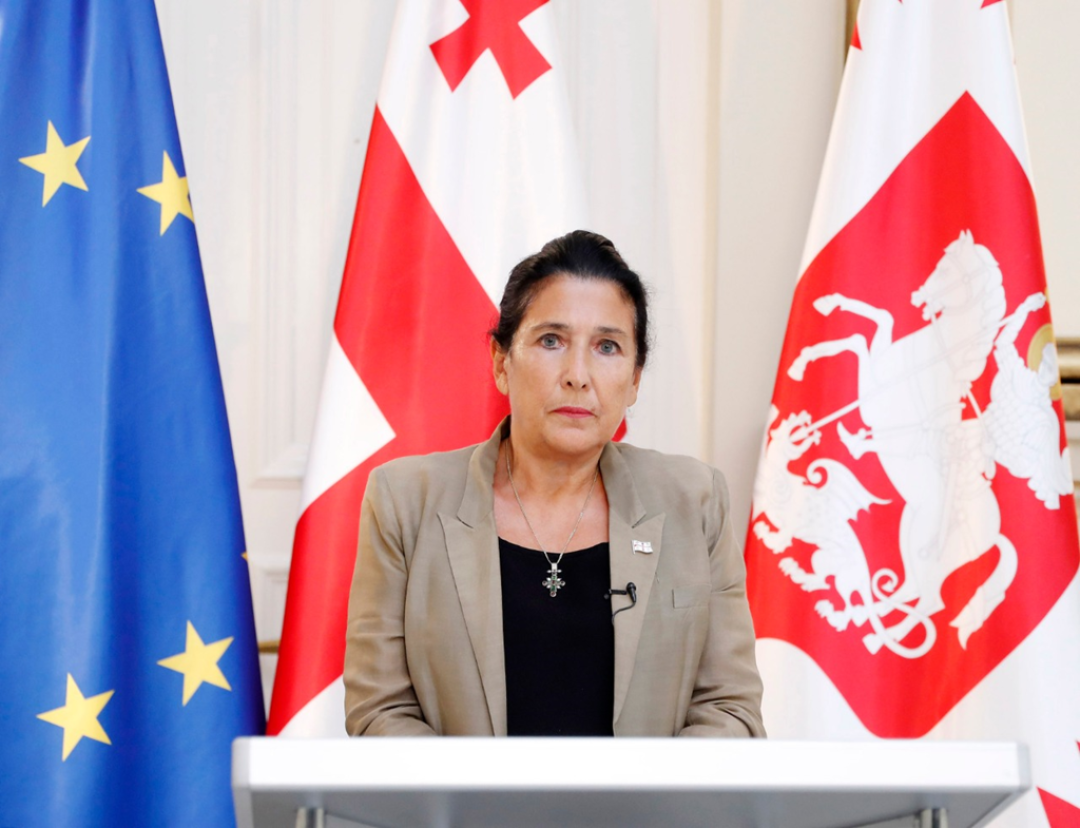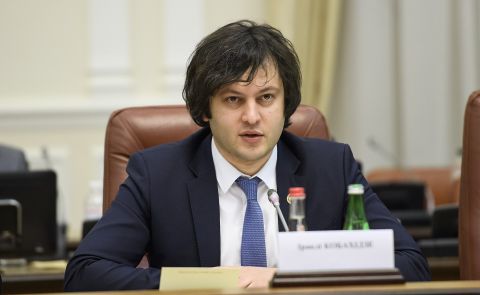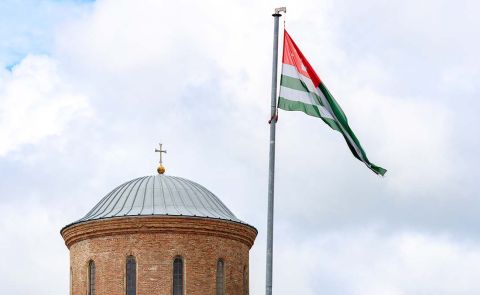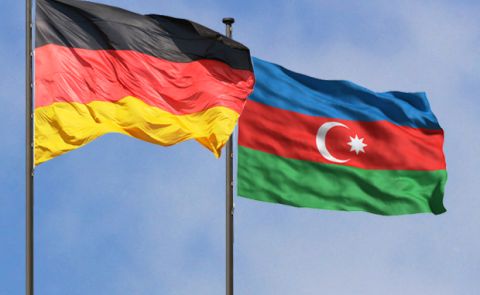
Zourabichvili Cites Ivanishvili’s Role in Shaping Georgia's Pro-Russian Policies and Judicial Corruption; UK Imposes Sanctions on Georgian Judges

On April 1, Salome Zourabichvili, the President of Georgia, warned the British Parliament that Georgia is facing an escalating internal crisis driven by pro-Russian authoritarianism, widespread repression, and electoral manipulation allegedly orchestrated by Moscow.
During her address to the Foreign Affairs Committee, Zourabichvili stated that the October 2024 parliamentary elections were manipulated through a sophisticated operation, citing Russian-backed propaganda and voter coercion. She claimed that Russian operatives were active before and during the elections, employing various tactics, including 3,500 call centers to monitor and pressure voters. She further alleged that personal data was exploited after the ruling party took control of the independent information protection agency.
"There is no organization in Georgia that is able to think through a scenario in such a way, by itself, without any outside support," she said. Despite these claims, she admitted lacking direct evidence linking Russia to the operation, adding that such information should be obtained by Georgian state agencies or international partners. However, she pointed to similar Russian interference tactics in Moldova and Romania. She also highlighted that restrictive measures prevented nearly one million Georgian migrants from voting, with only 17,000 able to participate.
When asked whether Georgia was following the path of Belarus under Alexander Lukashenko, Zourabichvili affirmed, "Yes, it’s the same playbook as in Russia and Belarus." She cited the Georgian Parliament’s rapid approval of three controversial laws in a single day without debate, including a "foreign agents" law modeled after the US FARA, a Soviet-era treason statute, and new restrictions on media and civil servants.
"This playbook is clearly not written in Georgia," she said, describing the legislature and government as serving a single ruler. However, she noted a key distinction between Georgia and Belarus, emphasizing Georgia’s historically resilient civil society, which she said has withstood Soviet rule and other challenges. She also underscored ongoing support from European and American partners, asserting, "We are not abandoned."
Addressing Georgian Dream’s shift from a pro-European to a pro-Russian stance, Zourabichvili suggested that the party’s prior pro-European position may have been superficial. "Maybe it was fine as long as there were no challenges," she stated, arguing that Russia increases pressure on those it can influence, including Bidzina Ivanishvili.
Speaking before British lawmakers, she attributed Georgia’s abrupt foreign policy shift to Ivanishvili, whom she described as the architect of Russian-style propaganda and domestic policies, including anti-Western and anti-LGBT rhetoric.
"So practically the handbook is not only in terms of implementing the laws and the methods of Russia or Belarus," she said, "but also their rhetoric and their propaganda." She characterized Georgian Dream as a monolithic entity loyal to Ivanishvili, with ministers, MPs, and spokespeople uniformly echoing his positions.
Zourabichvili also accused Ivanishvili of exploiting the recently enacted "offshore assets" law to repatriate over $500 million in artwork and possibly other assets without scrutiny.
"I vetoed the law, but my veto was overridden," she stated, arguing that it creates a safe haven for sanctioned oligarchs. She urged Western allies to adopt a more strategic and conditional approach to sanctions, criticizing existing measures as ineffective.
Without naming specific individuals, she advocated for sanctions targeting systemic abuses, including manipulated court rulings, fabricated evidence by law enforcement, and attacks on media freedom. She proposed linking sanctions to concrete steps, such as:
Repealing repressive laws
Releasing political prisoners
Setting a date for new elections
"What should be done is to link the sanctions in a stick-and-carrot policy of conditionality," she emphasized. She also called for a long-term Western policy recognizing Georgia’s strategic position on the Black Sea.
"We need more of a policy and less reactive measures," she told British lawmakers.
UK Imposes Sanctions on Georgian Judges
On April 2, the Foreign, Commonwealth, and Development Office of the United Kingdom imposed sanctions on:
Mikheil Chinchaladze – Chairman of the Tbilisi Court of Appeals and a former member of the High Council of Justice of Georgia
Levan Murusidze – Judge of the Tbilisi Court of Appeals and a current council member
The UK cited their involvement in corruption aimed at influencing judicial appointments and rulings in favor of Georgian Dream. As a result, both individuals are now subject to asset freezes under the UK’s Global Anti-Corruption Sanctions Regulations 2021.
According to the sanctions designation, the UK government had "reasonable grounds to suspect" that Chinchaladze engaged in "serious corruption" by leveraging his position to manipulate judicial appointments and rulings. The designation alleged that he "accepted an advantage, namely a lifetime appointment to the Tbilisi Court of Appeals," in exchange for ensuring favorable decisions for the ruling party.
Murusidze was similarly accused of improperly using his role on the High Council of Justice, receiving financial benefits as a reward for judicial favoritism. The UK government claimed he ensured that judicial decisions favored Georgian Dream.
See Also


Moscow Court Sentences Former Dagestani Cabinet Head to 13 Years for Large-Scale Bribery

Key Government Appointments Announced by Georgian Prime Minister

US State Department References Vance’s Munich Statement in Response to Political Crisis in Georgia

Separatist Leader of Abkhazia Reaffirms Alliance with Russia and Commitment to Moscow’s Support

